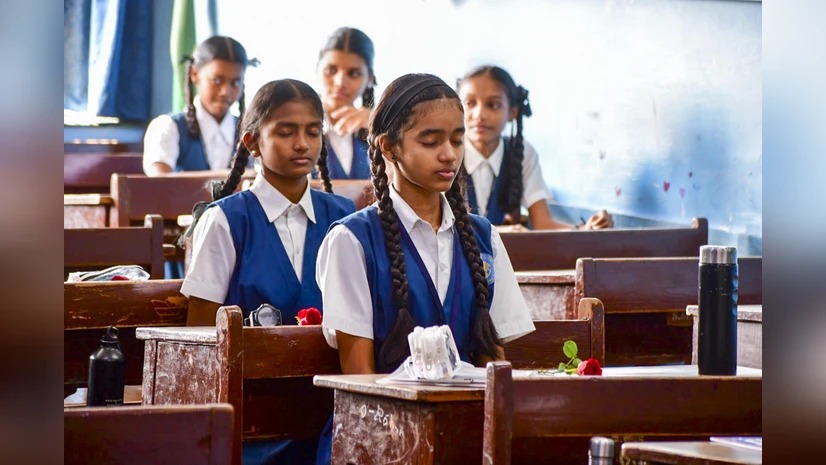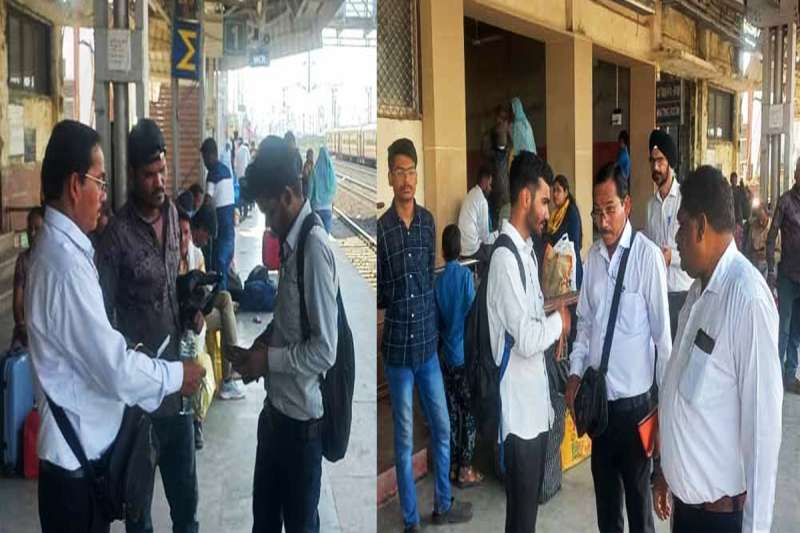Rakesh Tiwari, J.@mdashWe have heard Sri Kuldip Shanker Amist, counsel for the appellant, and perused the record as also papers filed alongwith memo of appeal. This F.A.F.O. is preferred by the National Insurance Co. Ltd., appellant, challenging the award dated 25.3.2013 passed by Employees'' Compensation Commissioner, Azamgarh, allowing the claim of legal representatives of the deceased to the tune of Rs. 9,78,480 together with simple interest @ 12% per annum w.e.f. 14.9.2011 in Case No. 142 of 2012, Amarjeet Kumar alias Dabloo v. Rajesh Yadav and another. The appellant has prayed for modification of the award by dismissing the claim petition and for cost throughout to the appellant.
2. The contention of learned counsel for the appellant is that the claimant-respondent No. 1 claimed only Rs. 6,44,280 as compensation, but the Employees'' Compensation Commissioner illegally and arbitrarily allowed compensation of Rs. 9,78,480 which is more than amount claimed by legal representative of the deceased. According to learned counsel for the appellant, there is no provision under the Employees'' Compensation Act and the Rules framed under the Act, to accept the affidavits of the parties. rather it was mandatory upon the Commissioner under Sections 23 and 25 of the Act for taking oral evidence in the case, therefore, passing of impugned award merely by considering and taking affidavits into account, the affidavits filed by claimant-respondent No. 1 and owner of Santro Car No. U.P. 64B 8434, he has committed an illegality. It is then argued that copy of driving licence produced by claimant-respondent No. 1 itself shows that it was issued for driving motor-cycle and Light Motor Vehicle (Pvt.) and not for L.M.V. (P.E.), i.e., a light motor vehicle, as paid employee.
3. Learned counsel for the appellant has also argued that the Employees'' Compensation Commissioner has illegally and arbitrarily passed the impugned award fixing loss of earning capacity to the extent of 100%, merely because the claimant-respondent No. 1 had suffered fracture in his right leg which might create difficulty in driving a motor vehicle, but extent of loss of earning capacity of the claimant-respondent No. 1 has to be assessed. It is stated that this point has neither been considered by the Commissioner nor he has considered the nature of injuries on the basis of evidence on record yet holding that claimant-respondent No. 1 would not be able to perform his job of driving the vehicle due to injuries in his leg to the extent of 100% without assessing loss of earning capacity.
4. No other point has been argued before us.
5. From a perusal of award, it appears that the Tribunal had framed 5 issues for deciding the case. Issue Nos. 4 and 5 are as to whether claimant-respondent No. 1 was having valid and effective licence for driving the vehicle in question and quantum of compensation to be awarded.
6. It appears that the case was ordered to ex parte against the owner of vehicle vide order dated 19.12.2012 and against the insurance company on 26.2.2013. The owner of vehicle had moved an application for recall of order dated 19.12.2012, whereas no such application was filed by insurance company, appellant in this appeal. Accordingly, order dated 19.12.2012 was recalled insofar as owner of vehicle is concerned. It also appears that instead of filing recall application, appellant had filed an application dated 2.3.2013 for adjournment of case which was allowed by the Court on payment of costs. Yet, neither cost was paid by the insurance company, nor any body appeared in the case thereafter on any date.
7. It further appears that the claimant-respondent No. 1 had filed original disability certificate, copy of F.I.R., driving licence, medical bills of treatment, whereas owner of vehicle had filed R.C. of vehicle, insured papers, but no documentary proof whatsoever was produced by the insurance company. Affidavits were filed by the appellant and owner of vehicle as statements in examination-in-chief. but witnesses were not examined by either of the parties. As stated earlier, insurance company did not appear after filing of adjournment application which was allowed and, therefore, has not cross-examined any witness of claimant as well as owner of vehicle on the statement-examination-in-chief on affidavits.
8. In the aforesaid facts and circumstances, the Tribunal found that it is proved from the record that the claimant-respondent No. 1 had suffered injuries on 14.9.2010 during course of employment in which he suffered permanent disability at the time of accident and after appreciation of evidence and record passed award in favour of the claimant-respondent No. 1.
9. We have perused the award and the records of the case which show that the Tribunal has not decided the case merely on exchange of affidavits as has been contended before us by learned counsel for the appellant. Sections 23 and 25 of Workmen''s Compensation Act, 1923 on which reliance has been placed by counsel for the appellant may be quoted here for ready reference:
23. Powers and procedure of Commissioners.--The Commissioner shall have all the powers of a civil court under the Code of Civil Procedure, 1908, for the purpose of taking evidence on oath and of enforcing the attendance of witnesses and compelling the production of documents and material objects.
25. Method of recording evidence.--The Commissioner shall make a brief memorandum of the substance of the evidence of every witness as the examination of the witness proceeds, and such memorandum shall be written and signed by the Commissioner with his own hand and shall form part of the record.
10. A perusal of Section 23, aforesaid, shows that Commissioner is vested with powers of civil court under the Code of Civil Procedure, 1908 for taking evidence on oath and of enforcing the attendance of witnesses and compelling the production of documents and material objects. "Taking evidence on oath" does not mean only oral evidence. It can be in the form of affidavit. CPC provides that civil court can also take evidence in examination-in-chief on oath or on an affidavit subject to cross-examination. In the instant case, Commissioner had taken statement of witnesses on oath of affidavits and the parties were provided opportunity for cross-examination. Neither owner of vehicle nor insurance company cross-examined the witnesses, therefore, it does not lie in the mouth of appellant to say that oral statement has not been taken by the Commissioner in the case when this point was not even raised by them, particularly when Commissioner proceeded to take statement of oath on affidavit permissible by law. Therefore, he has not decided the case by merely taking evidence.
11. Admittedly, driving licence was produced by the claimant-respondent No. 1. Issue No. 4 has been decided by the Tribunal holding that claimant had valid and effective driving licence on the date of accident and no evidence to the contrary has been produced by the insurance company. A perusal of driving licence shows that it was for light motor vehicle and not heavy motor vehicle. If a person has taken employment as driver, he cannot be found to be not holder of valid licence, even he is driver of private vehicle of his employer, therefore, contention of learned counsel for the appellant that licence was for light motor vehicle, as paid employee, has no force.
12. It has come in the evidence that the Commissioner has considered disability certificate on the basis of evidence that claimant has been deprived of his employment due to injuries received in his leg which fact is also admitted by the vehicle owner that he is no longer in service shows that claimant is not only having difficulty in driving the vehicle, but has not been able to drive motor vehicle at all. In the circumstances, the Tribunal on the basis of case laws cited in the impugned award, i.e., Rampati Venkteshwar Rao v. Marital Sambhashiv Rao and others, 2001 (2) TAC 772 (AP);
The appeal is, accordingly, dismissed.

